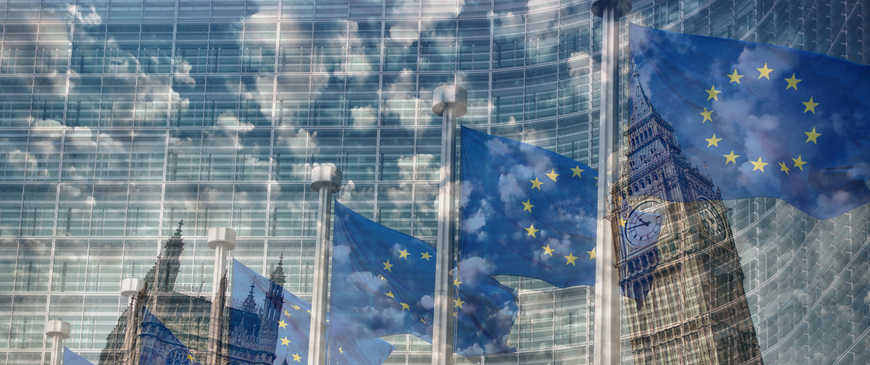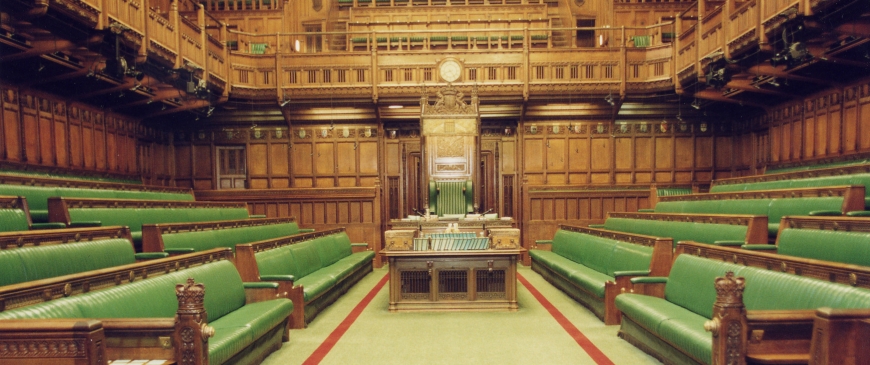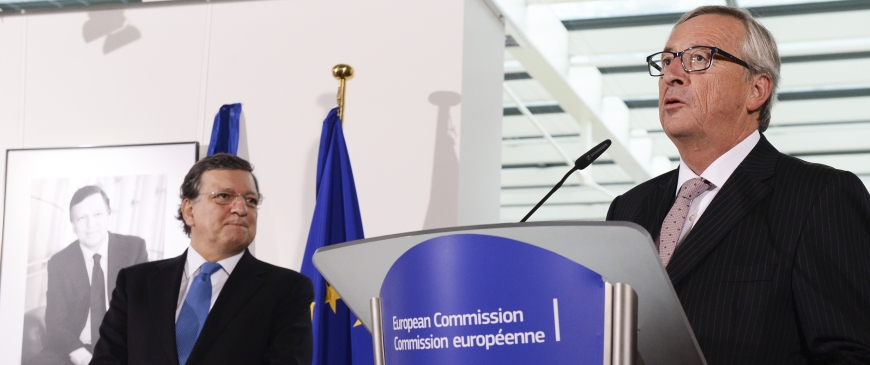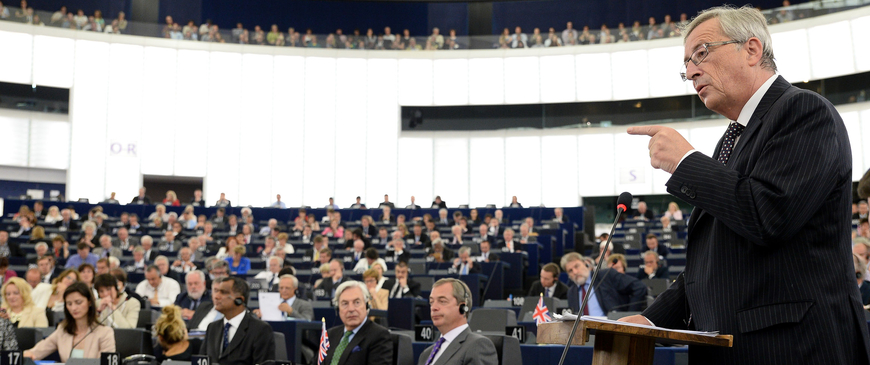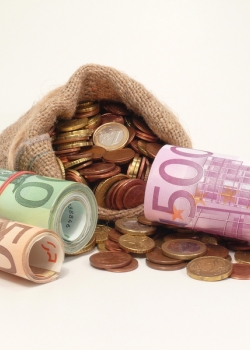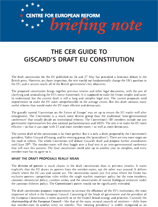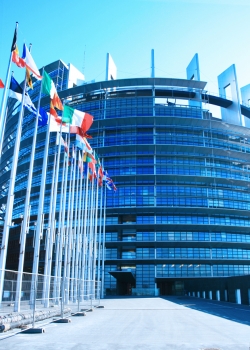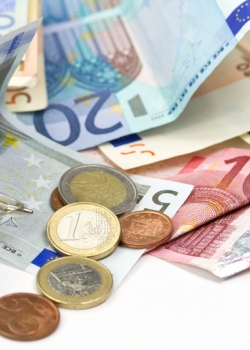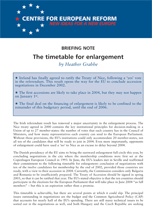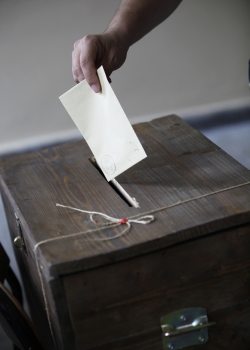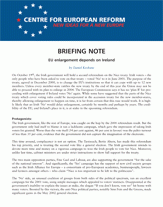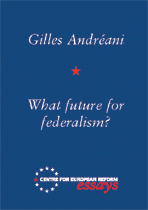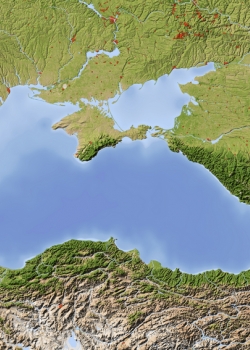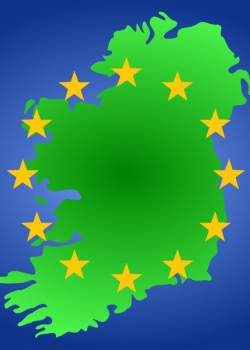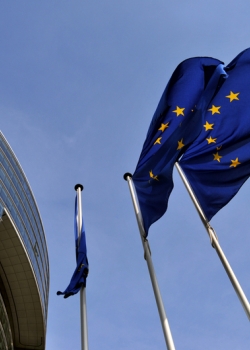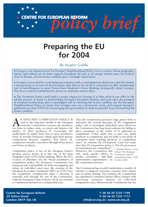EU treaties & institutions
A clean break for Europe
01 October 2003
Europe needs to change. Those who constantly have to defend the concept of Europe against ill-informed criticism can easily slip into a defensive mode. But if we are serious about reform, we need to be on the front foot.
Issue 32 - 2003
26 September 2003
- If it's broken, fix it! , Katinka Barysch
- A clean break for Europe , Nick Butler
- The EU must be tougher and more creative on Iran, Steven Everts
An unconventional bargain
02 June 2003
The Convention on the future of Europe has now entered its final phase. To the surprise of many it has already reached consensus on many elements of a new constitution for the EU.
The CER guide to Giscard's draft EU constitution
30 May 2003
The draft constitution for the EU published on 26 and 27 May 2003 has provoked a ferocious debate in the British press. However, on closer inspection, the text would not fundamentally change the UK’s position in the EU, and it secures nearly all of the British government’s key objectives.
More power for the parliament
01 April 2003
The Convention on the future of Europe is drawing up a constitution that is supposed to transform the EU. Much of the discussion has focused on the EU's executive: the powers of the Commission, the organisation of the EU presidency and the role of the European Council.
Issue 29 - 2003
28 March 2003
- More power for the parliament , Pervenche Bérès MEP
- The decline of American power, Charles Grant
- War: Who is to blame, Pierre Hassner
Why Europe does not need a new president
02 December 2002
Powerful political forces in the Convention on the future of Europe and elsewhere, are calling for the appointment of a president of the European Council.
Issue 27 - 2002
29 November 2002
- The EU's budget: Time to go back to basics , Friedrich Heinemann
- A credible competition process , Alasdair Murray
- Why Europe does not need a new president , Peter Sutherland
The timetable for enlargement
21 October 2002
The Irish referendum result has removed a major uncertainty in the enlargement process. The Nice treaty agreed in 2000 contains the key institutional principles for decision-making in a Union of up to 27 member-states: the number of votes that each country has in the Council of Ministers, and how many...
The case for a Europe-wide referendum
01 October 2002
It is time for pro-Europeans to face up to the uncomfortable truth that the EU has a serious legitimacy problem. The anti-Europeans' most persuasive claim is that the EU is an elite project over which 'the people' have virtually no influence.
Issue 26 - 2002
27 September 2002
- The case for a Europe-wide referendum , Steven Everts
- EU foreign policy: A necessity, not an option, David Hannay
- Time for Mr ESDP? , Daniel Keohane
EU enlargement depends on Ireland
06 September 2002
On October 19th the Irish government will hold a second referendum on the Nice treaty. Irish voters – the only people who have been asked to vote on that treaty – voted 'No' to it in June 2001. The purpose of the treaty, agreed in December 2000, is to change...
What future for federalism?
06 September 2002
In the Convention and elsewhere, Europe is once again debating its institutional framework. Gilles Andréani, in this essay provides a valuable contribution to this debate by analysing the steady rise of 'inter-governmentalism' over the last decade.
Issue 25 - 2002
26 July 2002
- Don't create Eastern Eurosceptics, Heather Grabbe
- New rules for capital markets, Alasdair Murray
- Reforming the commission , Alasdair Murray
A 'competence catalogue' is code for protectionism
03 June 2002
The European Convention is now in full swing, working on reform options to ensure the EU works better after enlargement. Among the many issues the Convention intends to explore is the question of how better to define the division of 'competences' the right to exercise power between the various levels of government across the EU.
Europe's future is in Ireland's hands
03 June 2002
This autumn the newly elected Irish government faces the major challenge of holding a referendum on the Nice treaty. The point of that document, agreed in December 2000, is to change the EU's institutions so that it can cope with up to 12 new members.
Playing the European game
03 June 2002
Football is the most European, and simultaneously, the most global of sports. The British Empire spread the game throughout Europe, and then worldwide.
Restoring leadership to the European council
01 April 2002
Everybody knows the European Commission is in bad need of reform. The problems in the European Council - the regular summits of heads of government - and the Council of Ministers are less widely known but just as serious, and they contribute to Europe's lack of leadership.
Issue 23 - 2002
29 March 2002
- Restoring leadership to the European council , Charles Grant
- The EU needs a flexible pact , Alasdair Murray
Preparing the EU for 2004
07 December 2001
The debate about the future of Europe is supposed to consider how the Union will function after enlargement. In practice, the agenda set at Laeken addresses longstanding institutional problems, but does not pay sufficient attention to the qualitative changes that enlargement will bring.

